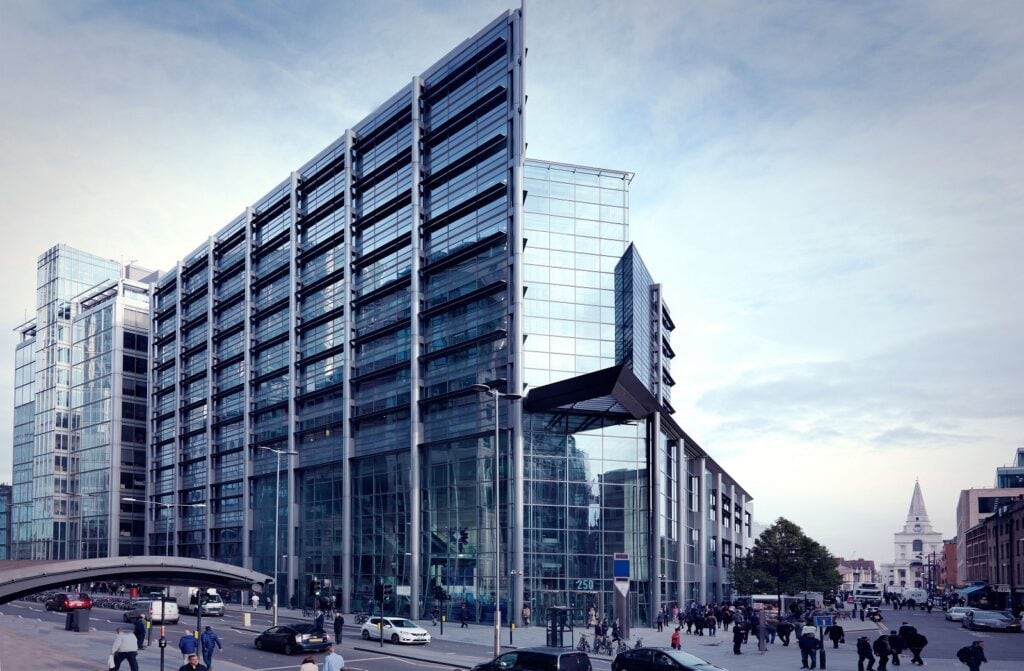The Royal Bank of Scotland is to expand upon its own energy efficiency measures by testing new products in branches and offices.
Today RBS revealed that it had doubled its lending for sustainable energy projects last year to a landmark £1 billion, rivalling the £1 billion loan fund established by Lloyds for efficiency projects last month.
However the bank also revealed that it is practicing what it preaches after reducing its own energy consumption by 15% between 2012 and 2015. It has committed to a further 15% reduction over the coming four years.
A number of energy saving projects have been launched across RBS’ UK estate, including changes to lighting and a replacement air conditioning system which saved the bank’s London headquarters at 250 Bishopsgate around £350,000 in energy costs last year.
Since then, 200 RBS branches across the country have been fitted with efficient controls for lighting, heating and cooling while solar panels, LEDs and heating and cooling upgrades have been installed on larger premises.
In particular the bank’s Trinity Quay office in Bristol is projected to save nearly a third (28%) of its energy costs as a result of the upgrades.
RBS has also opened up to trial new sustainability products to test them in live environments. Through the bank’s ‘Innovation Gateway’, companies with new technologies can roll them out across RBS branches to test their efficacy.
So far 46 products have been tested, including a magnetic secondary glazing for buildings to reduce heat loss; an air-based flushing mechanism for toilets to reduce water consumption; a flow modification device for washroom taps to halve their consumption; and a fibre optic monitoring and control system used to cool data centres more efficiently.
“RBS is on a journey to reduce energy, waste and water across its estate and we’ve been able to show our customers the savings we have made in tandem with reducing our carbon footprint,” Alison Rose, chief executive for commercial and private banking at RBS, said.
“But importantly this journey has given us the opportunity to discover and nurture new entrepreneurs, helping them to accelerate their innovations to market.”
The Innovation Gateway programme is managed by 2degrees with RBS serving as its co-founder and main sponsor. Last week it was announced that leading UK businesses Sainsbury’s, Carillion and BaxterStorey have joined the gateway for its next round, and technology applications are currently being accepted.
Technologies will have to solve one of four challenges – resource efficiency, energy use, water consumption and waste reuse – and successful products will be installed in live environments.
The application window for the new round closes on 12 May 2016.






